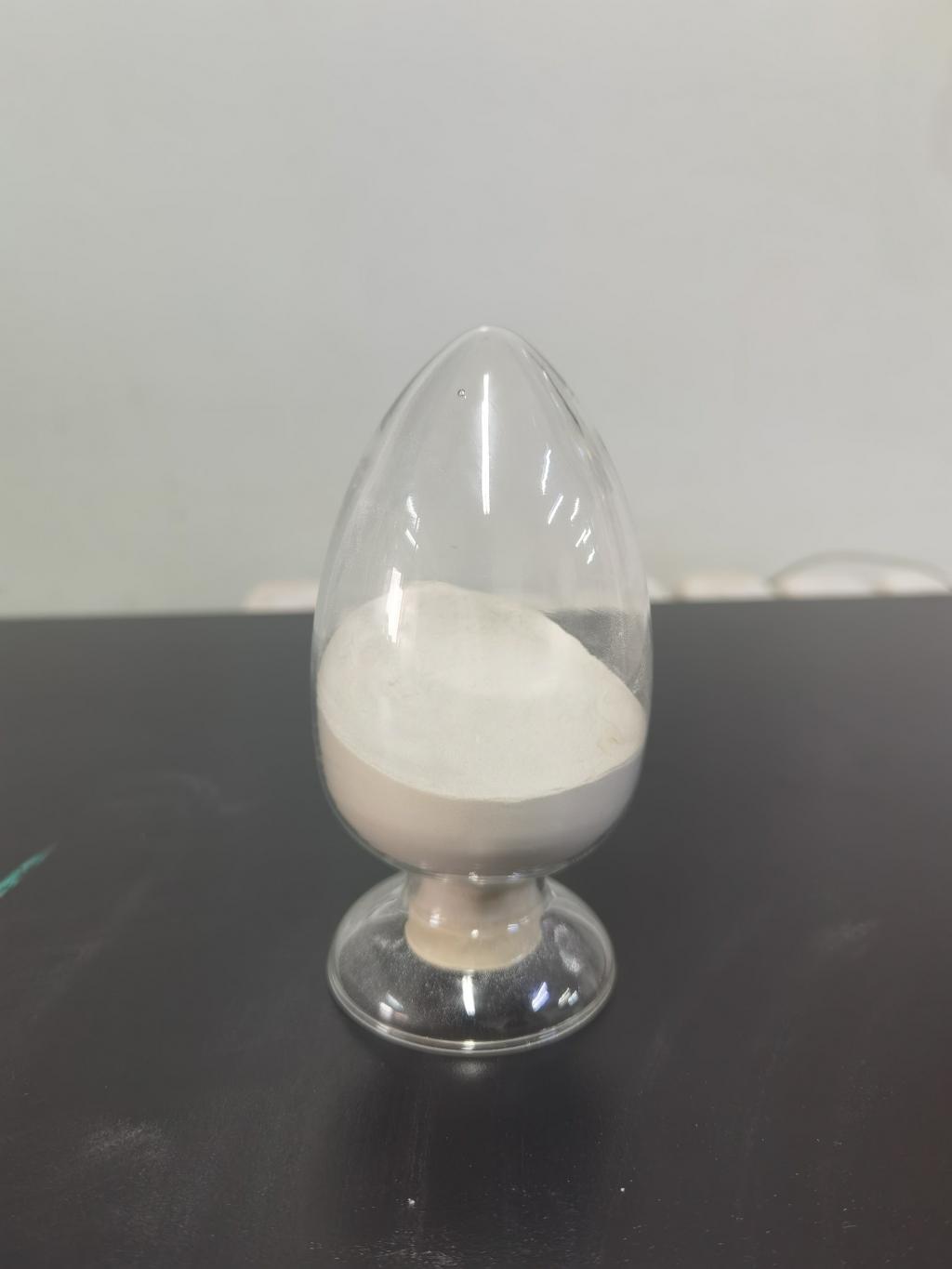Tel:+8618231198596

News
 CONTACT
CONTACT
 CONTACT
CONTACT
- Linkman:Linda Yao
- Tel: +8618231198596
- Email:linda.yao@dcpharma.cn
- Linkman:CHARLES.WANG
- Department:Overseas
- Tel: 0086 0311-85537378 0086 0311-85539701
News
Current Position:
Home >
News
>Are there any potential allergenic or immunogenic properties of Nisin?
Are there any potential allergenic or immunogenic properties of Nisin?
TIME:2023-05-15
Allergenicity of Nisin:
Allergenicity refers to the ability of a substance to induce an allergic response in susceptible individuals. While nisin is generally regarded as safe, a few studies have explored its potential allergenic properties. However, the available evidence suggests that nisin is not a significant allergen. Several reasons support this conclusion:
a. Protein Structure and Similarity to Known Allergens:
Nisin is a small peptide consisting of 34 amino acids, and its protein structure differs significantly from known allergenic proteins. Most allergenic proteins are larger and more complex, containing a higher number of potential allergenic epitopes.
b. Lack of Clinical Allergy Reports:
There have been no reported cases of allergic reactions specifically attributed to nisin consumption in the scientific literature. This absence of documented allergic reactions further supports the notion that nisin is not a prominent allergen.
c. Oral Tolerance and Lack of Sensitization:
Studies conducted with nisin in animal models have shown no evidence of oral sensitization or induction of an allergic response upon subsequent exposure. This suggests that nisin does not have the ability to induce allergic reactions even in susceptible individuals.
Immunogenicity of Nisin:
Immunogenicity refers to the ability of a substance to induce an immune response in the body. Nisin has been shown to elicit an immune response in certain contexts, but the significance of this response in terms of adverse effects remains a subject of investigation. The following points shed light on the immunogenic potential of nisin:
a. Antibody Production:
Studies have demonstrated that nisin can induce the production of specific antibodies in animals and humans. However, it is important to note that antibody production does not necessarily imply adverse effects or indicate an allergic response. Antibodies can be produced as part of a normal immune response and may not have clinical implications.
b. Cross-Reactivity:
Cross-reactivity refers to the ability of an antigen to trigger an immune response similar to that elicited by a different antigen. Studies have examined whether nisin cross-reacts with known allergens, such as milk proteins, due to its production by certain strains of Lactococcus lactis. The results have shown no significant cross-reactivity, further suggesting a low risk of immunogenic reactions.
c. Sensitization Potential:
Nisin's ability to sensitize individuals and induce immune-mediated adverse reactions, such as contact dermatitis or respiratory allergies, has not been extensively studied. Existing data do not indicate a high sensitization potential for nisin. However, more research is needed to confirm these findings and ensure its safety for susceptible individuals.
Conclusion:
Based on the current knowledge, nisin does not appear to possess significant allergenic or immunogenic properties. It is generally regarded as safe and is widely used as a food preservative. However, it is important to continue monitoring and conducting research to enhance our understanding of the potential risks associated with nisin consumption. Further studies focusing on large-scale clinical trials and investigations into specific population subsets would provide valuable insights into the safety profile of nisin and its potential allergenic or immunogenic effects.
- Tel:+8618231198596
- Whatsapp:18231198596
- Chat With Skype







